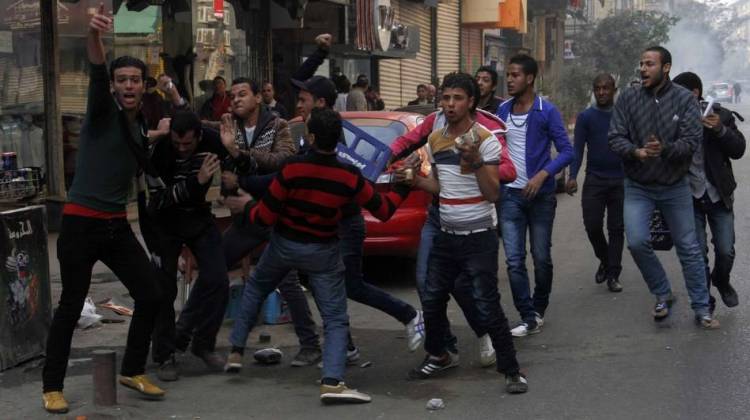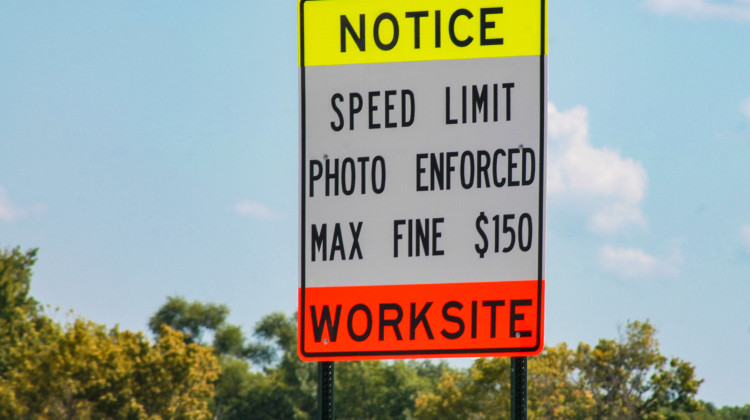Just three years after protesters and the Egyptian military drove Hosni Mubarak from power, the revolution hasn't delivered what many Egyptians expected, and hopes are fading that it ever will.
Military commander Abdel Fattah al-Sisi is widely expected to announce his candidacy for president any day now. The charismatic strongman would be the frontrunner and his candidacy would be a landmark in the ongoing military crackdown now restricting many of the freedoms Egyptians hoped for when toppling Mubarak.
To recap: The Tahrir Square revolution captivated world attention and eventually prompted the military to escort Mubarak from office on Feb. 11, 2011. A year later, the Muslim Brotherhood's Mohammed Morsi became the first freely elected Egyptian president. But his term quickly soured with accusations that his government was an economic failure and that it tried to monopolize power for an Islamist agenda. Protesters prompted a military coup last July 3.
The military then decided to lead from behind — appointing a president, prime minister and cabinet. Parliament remains dissolved.
The violence has been worse than any time during Mubarak's rule. The security forces say they are engage in a battle with terrorists and more than 1,400 people have been killed since last summer. But a majority appear to be demonstrators and victims of what Amnesty International calls "excessive" force.
Fearful of chaos and crime, many Egyptians back the military's tactics.
H.A. Hellyer of the Washington-based Brookings Institution says the "war on terror" framework used by the government is putting even greater pressure on Egypt's young civil society groups than the Mubarak regime did.
Human Rights Watch, which is bassed in New York, says in a new report that Egyptian authorities allow "almost zero tolerance for any form of dissent." Some of the original revolutionaries from three years ago are among the thousands now in jail because they oppose the military's role — even though they have never been linked to terrorism and are not supporters of the Muslim Brotherhood.
Television reporters, bloggers and opposition politicians have been jailed, charged or forced into exile. Ahmed Maher, a key organizer of the original revolution, has been locked up since December, when he led a protest against the military. Because of a tweet, Amr Hamzawi, a liberal politician, was charged with 25 others for "insulting the judiciary."
"The only glimmer of hope that I continue to see is sort of the sense of youthful activism is still not completely dead. But it's being crushed by the hand of the authorities," said Brian Katulis, Middle East expert at the Center for American Progress.
The country faces serious non-political problems, such as an energy shortage that causes blackouts, a huge drop in the vital tourism industry and high unemployment. But Katulis said all the public debate centers only on "identity and power."
There's also an insurgency with Islamist extremists attacking security forces and, recently, tourists. In the view of many, Egypt is now less stable than it's been in decades.
Hellyer recently wrote in Salon that the revolution isn't completely over yet and he told NPR there's still a chance this bleak period could be a temporary stage in a greater evolution.
"No one really knows what Egypt will look like in 10 years from now," he wrote in an email, saying that 2011 unleashed long pent-up currents still playing out. "It's not over yet. But certainly, it seems to get harder with each passing phase – and it is likely to get harder still."
9(MDEwMDc1MzM3MDEzNDczOTA0MDc1MzViMQ001))
 DONATE
DONATE








 Support WFYI. We can't do it without you.
Support WFYI. We can't do it without you.